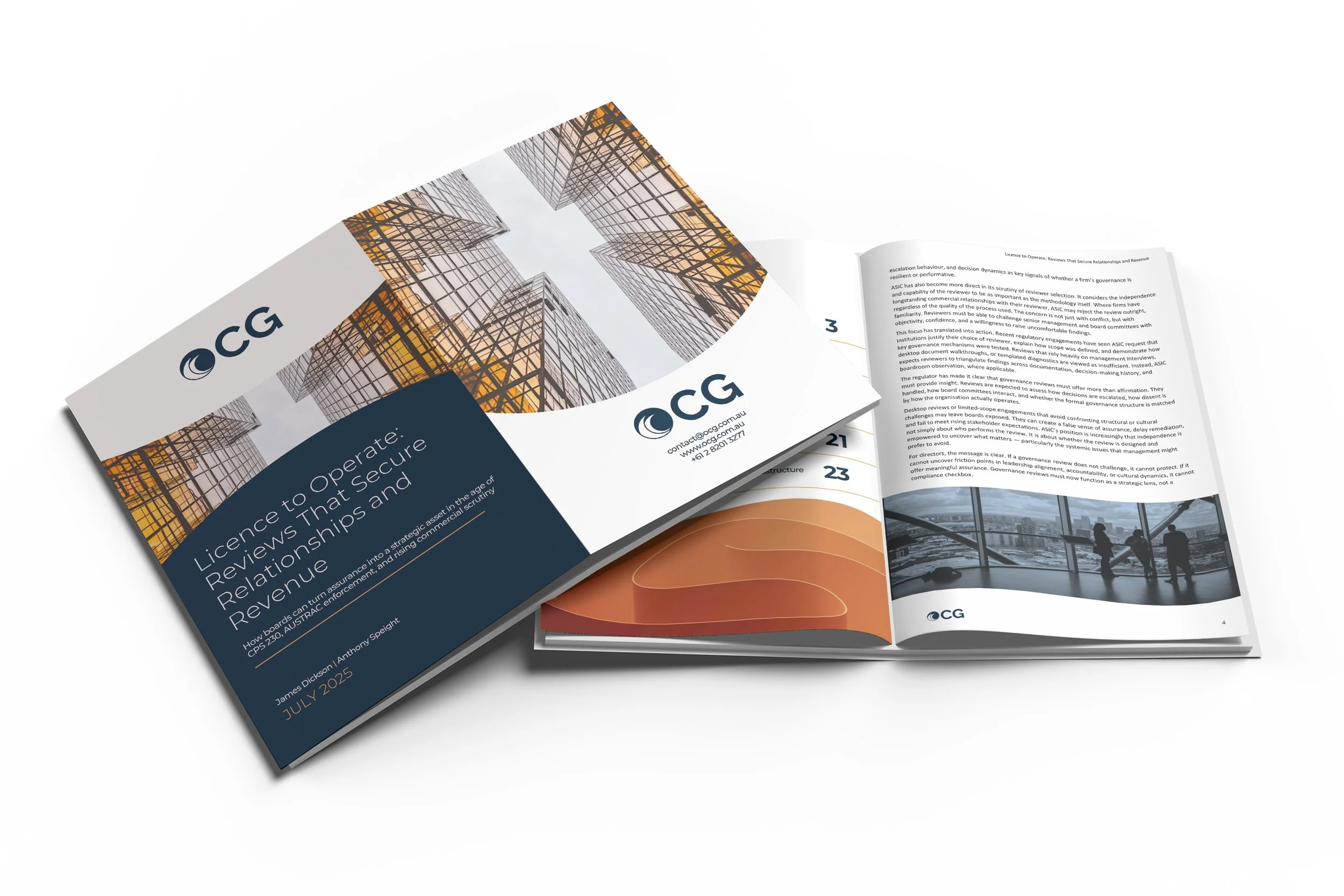Wholesale & Sophisticated Investor Tests: AFSL Obligations and Compliance
Understanding Wholesale & Sophisticated Investor Status
In Australia, the Corporations Act sets criteria for classifying clients as wholesale (including sophisticated and professional investors). Correct classification affects disclosure, conduct, and advice obligations for AFSL holders. Common pathways include the assets/income test (via accountant’s certificate), product value test, sophisticated investor test (experience assessment), and professional investor definitions. Getting this right determines whether retail protections apply (e.g., PDS, DDO, IDR nuances) and shapes how products are designed and distributed.
Why This Classification Matters
Accurate client classification is central to regulatory compliance, product governance, and client outcomes. Misclassification can trigger breaches, remediation, and reputational damage. Done well, it enables appropriate disclosure and monitoring settings, aligns with DDO target markets, and supports responsible growth in institutional and wholesale segments.
Key implications for firms include:
Obligations shift with classification (disclosure, conduct, and suitability expectations).
Documented evidence (e.g., accountant’s certificates, experience assessments) must be current and defensible.
Product governance (DDO/TMDs, distribution conditions) must reflect wholesale eligibility logic.
Monitoring and MI should detect mis-selling, expiry of certificates, and distribution outside intended markets.
Key Challenges Facing Firms
Building repeatable eligibility assessments that are consistent across channels and advisers.
Managing certificate validity, renewals, and controls that prevent use beyond permitted timeframes.
Evidencing experience-based assessments for sophisticated investors (criteria, rationale, and approvals).
Aligning wholesale classification with DDO, RG 271 complaints, and RG 78 breach reporting triggers.
Ensuring third-party distributors follow the same eligibility and record-keeping standards.
How OCG Can Help
Oceanic Consulting Group (OCG) helps AFSL holders design practical, defensible wholesale client frameworks that stand up to regulatory scrutiny and improve product-fit.
Our services include:
Eligibility framework design (tests, decision trees, approval thresholds, and documentation standards).
Controls and monitoring to manage certificate currency, expiries, and out-of-target sales.
Experience-based assessment tooling and guidance for sophisticated investor evaluations.
DDO alignment (TMD logic, distribution conditions, surveillance, and feedback loops).
Third-party oversight for introducers and distributors, including due diligence and MI.
Assurance reviews & remediation to address historical misclassification and strengthen governance.
FAQs
What’s the difference between wholesale, sophisticated, and professional investors?
They are different pathways within the Corporations Act wholesale client regime. “Sophisticated” is typically experience-based, “professional” is status-based, and “wholesale” includes several tests (e.g., assets/income, product value).
Do retail obligations disappear for wholesale clients?
Obligations change, but governance remains crucial. Firms still need robust conduct controls, accurate disclosures, and product governance aligned to client needs.
How often must accountant’s certificates be renewed?
Firms should maintain controls to ensure certificates remain valid and are re-obtained within expected timeframes; expired certificates undermine defensibility.
Why link wholesale status to DDO and monitoring?
Eligibility drives the target market and distribution settings. Surveillance should detect when sales occur outside the intended market or when evidence has lapsed.
Strengthen Your Wholesale Investor Governance
Work with OCG’s Regulatory Specialists
Build a defensible wholesale client framework, clear tests, strong evidence, and DDO-aligned monitoring. Contact OCG to uplift eligibility assessments, tighten controls, and reduce mis-selling and remediation risk.









